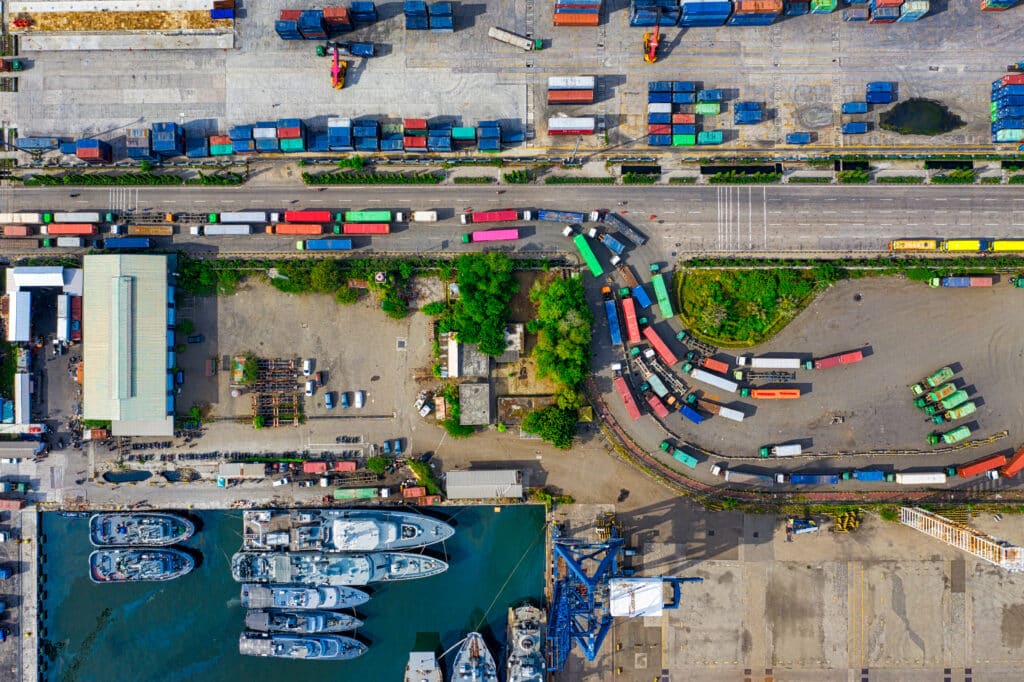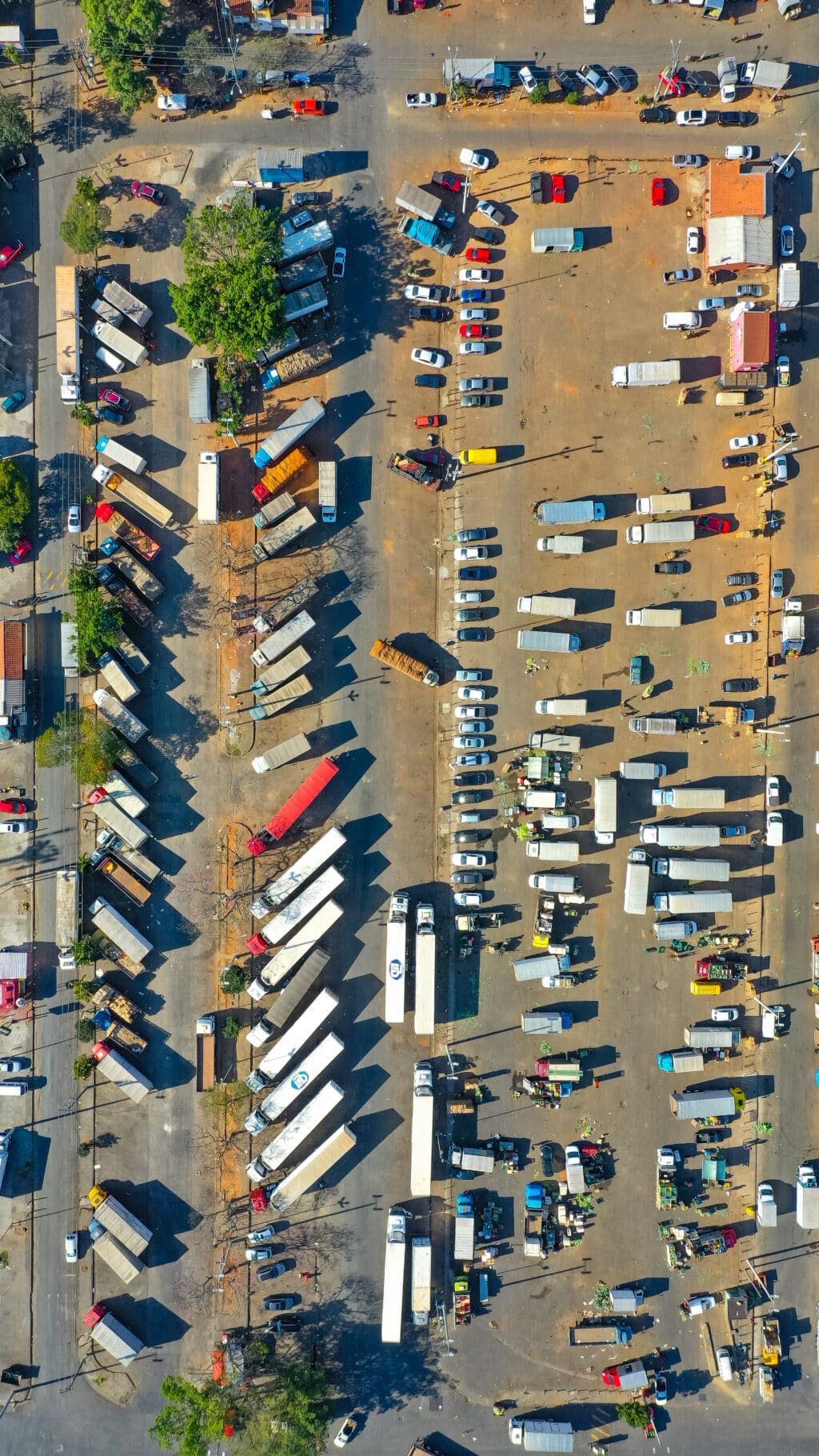The trucking industry is an essential component of business and global commerce as it enables supply chain connectivity, facilitates regional and international trade, drives economic growth, and provides critical support with emergency or relief operations.
Compliance is among the most crucial aspects of the trucking industry as it ensures safety, efficiency, and adherence to regulations. Established or upcoming truck businesses prioritizing compliance will thrive and contribute to the growth of global commerce in a safe, responsible, high-quality, and sustainable manner.
Here is what you should know about the trucking industry and its role in global commerce.
IMAGE: PEXELS
Supply Chain Connectivity
Trucking is a vital link in the supply chain since it connects manufacturers, suppliers, distributors, and retailers. Truckers ensure the smooth flow of goods from production facilities to distribution centers, retail stores, and consumers.
Still, they must comply with supply chain security regulations, such as the Customs-Trade Partnership Against Terrorism (C-TPAT) program.
Compliance with these regulations ensures the integrity and security of goods in transit, and compliant companies prove their commitment to preventing theft, tampering, and other security risks.
In this scenario, compliance fosters trust among customers, partners, and regulatory authorities, which ensures the smooth flow of goods and support for international trade.
Regional And Local Trade
Trucking enables regional and local trade by facilitating the movement of goods within cities, states, and countries. Since trucking companies provide last-mile delivery services, they ensure that goods reach their intended destinations efficiently, especially if they use the latest technological innovations in the industry.
Local trade positively affects the growth of other businesses and local economies and fosters regional economic integration. However, the trucking industry’s compliance with safety regulations and standards is paramount.
As such, all trucking companies must adhere to rules and requirements related to driver qualifications, service hours, vehicle maintenance, load securement, and other safety measures.
Thankfully, electronic logging devices, telematics, and other technologies can help trucking businesses track and monitor work hours, driver behavior, fuel consumption, optimize routes, maintenance schedules, and more to ensure compliance.
When compliance is ensured, the industry increases the safety of its drivers, passengers, and other road users, maintaining the integrity of supply chains and the overall business ecosystem.
International Trade And Cross-Border Transportation
International trade would not be the same without the trucking industry, which is crucial in transporting goods across borders. They facilitate the movement of imports and exports, which contribute to the growth of global commerce.
Cross-border trucking is also crucial in neighboring countries with integrated supply chains, such as the United States and Canada. Yet, compliance with various regulations imposed by governmental bodies is vital for trucking companies.
There are many regulations centered around permits, licensing, weight restrictions, emission standards, and customs requirements. Remaining compliant with these regulations ensures trucks legally and efficiently operate within domestic and internal jurisdictions. Customs regulations compliance, for example, allows for smooth cross-border movement of goods and supports international trade.
Lastly, the trucking industry contributes to GDP growth by generating millions of employment opportunities. During natural disasters, the trucking industry can also play a crucial role in humanitarian crises and emergencies.


COMMENTS